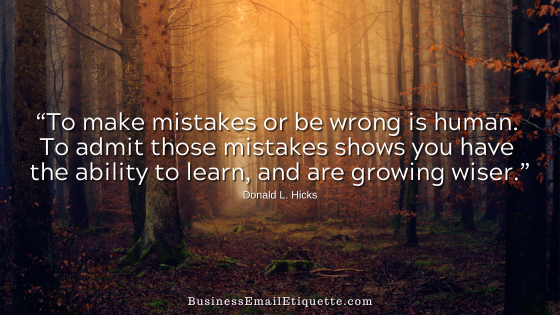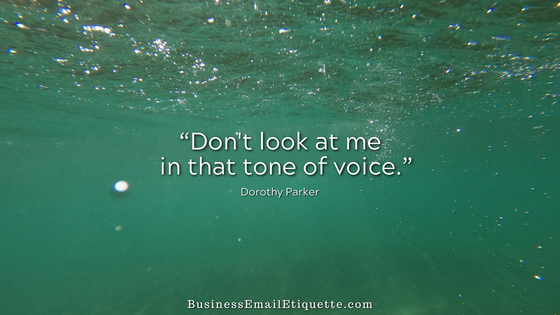REMINDER: Initial Email = Initial Perception

Never underestimate the power of perception when completing a contact form or sending an email inquiry. The words you use, how you choose to use them, and your underlying tone can make a significant difference in how the other side views your request.
And… even if they will eventually respond. That initial email sets the tone of what it will be like to do business with you.
The Power of Perception
I’ll use the project requests I receive on my consulting site to make my point.
What perception is created when the Sender:
My site does not have complicated navigation; I keep it simple, catering to those seeking what I offer. My forms clearly state what information I need. I also link to my FAQs and useful pages so that the inquirer can be informed about how I operate.
The goal is to provide as much information and detail as possible based on 29 years of addressing potential client questions. I aim to ensure they have the information to decide whether to proceed before wasting their time (and, honestly, mine).
Are these valid clues?
Above are just a few of the issues I experience on a pretty regular basis. Does this approach imply the inquirers’ time is more valuable than mine? Maybe. Do they lack the attention to detail to thrive online? Possibly.
Can I help them succeed online if they are unwilling to complete the form on my site? What should I think about all small case, incomplete sentences, and typos?
I look for clues as a potential client or partner. Regardless of the approach, I always respond promptly and with additional detail, anticipating what I know they need to know. This is how I communicate, always leading by example.
My decades of experience have shown me that positive impressions can be made with some coaching and a desire to embrace what I discuss here. Most folks have no idea the perception they are creating. Many are surprised how, with just a little extra effort, they can show what a great person they are to do business with!
Intent and Tone
Next is the importance of intent and tone. Sentence structure and grammar are in place, but …
I often encounter this communication style; needless to say, it does not impress or encourage me to foster a business relationship. Contrary to what is posted on my website, I shy away from those who feel it is essential to dictate how I will do my job.
Are you guilty of this approach? In my world, client success depends on professional communication and mutual respect. I gravitate towards those who reflect this from the get-go.
I pay close attention to intent and tone. After emailing for longer than most, I’ve learned inquiries speak volumes about the person contacting me. Their initial emails provide a window into what it would be like to work with them.
When emailed without regard to my experience or policies or the inquirer does not take the time to send a personalized professional email, I usually take a pass. And I know I am not alone in that approach.
Little Details Add Up to Initial Impressions
Little “enuances,” as I call them, can make a world of difference. When it comes to forming potentially valuable partnerships and online networking relationships, the details do matter.
If you are too lax, informal, or too assuming, you may find that those you need most are not interested in partnering with you. Why risk that when building your email skills to communicate appropriately, you can avoid a poor perception?






